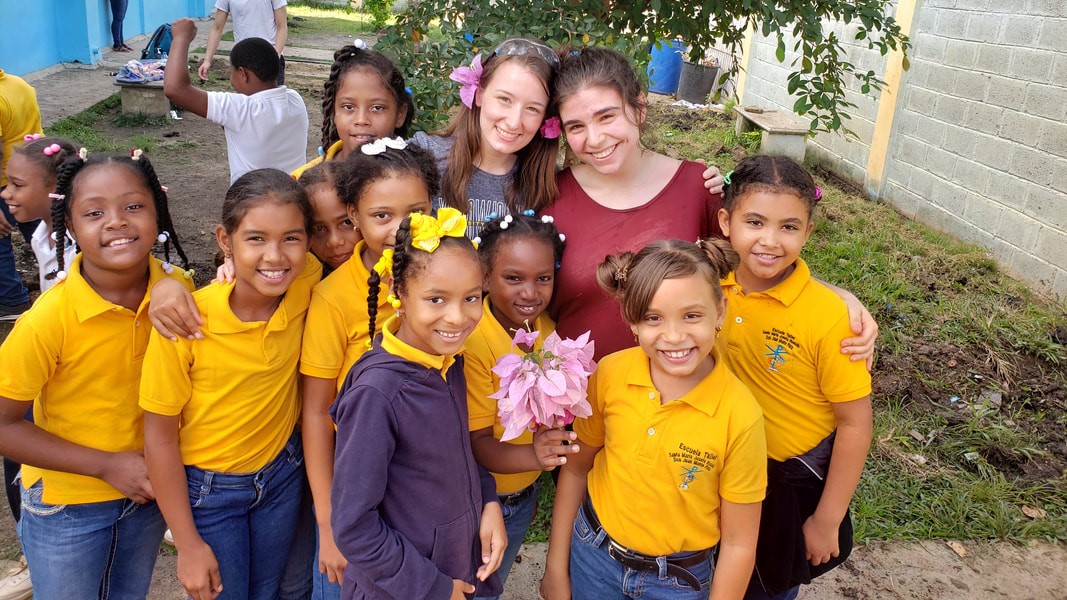The University has been recognized with the 2020 Carnegie Community Engagement Classification by the Carnegie Foundation for the Advancement of Teaching. Only 358 other colleges and universities in the United States have received this classification, which designates institutional commitment to community engagement. This achievement corresponds to President Sarah Mangelsdorf’s emphasis on sustaining partnerships with local citizens and organizations to improve the well-being of the Rochester community.
While it may not be readily apparent, community engagement has a large role in living in a sustainable society. The term “sustainability” t is supported by three pillars: economic, environmental, and social. Together, these principles help communities meet the needs of the present without hindering the ability of future generations to reach their goals.
To earn Community Engagement Classification, the University submitted an extensive application that reflected the University’s mission, culture, leadership, resources and practices that support community engagement.
The application began under the leadership of Richard Feldman and was completed by a workgroup composed of faculty and staff from across the University. Glenn Cerosaletti, assistant dean of students and director of the Rochester Center for Community Leadership (RCCL), and Theresa Green, faculty member in the Center for Community Health & Prevention at the University of Rochester Medical Center, co-led the process.
Here are a few of the University’s programs and partnerships highlighted in the application:
- EcoReps
The EcoReps program includes a year-long course for first-year students. With a focus on environmental sustainability and significant community engagement, the program encourages students to act as leaders in their residence halls through environmental education and awareness.
- Engineers Without Borders
In 2017-2018, five students from the University’s chapter of Engineers Without Borders (pictured above) participated in the one-week program to address a local groundwater contamination issue. With the help of multiple local community partners, the students were able to successfully implement a potable water distribution system for members of a primary school that would serve approximately 400 students and 20 staff members, with capacity for an additional 100 students.
- Community Outreach and Engagement Core
The Environmental Health Sciences Center (EHSC) has been consistently funded by the National Institute of Environmental Health Sciences (NIEHS). The NIEHS formed a Community Outreach and Engagement Core (CEC) to promote communication of environmental health research to meet community needs. The CEC focuses on local policy and community change pertinent to environmental health and justice in Rochester. The CEC has supported the Coalition to Prevent Lead Poisoning through analyses of local data, summarizing research, and serving on committees for 16 years. These efforts and those of the University’s Medical Center contributed to Rochester’s 2005 lead law, which has helped reduce Rochester’s lead rates 2.4 times faster than the rest of New York.
Many of the University’s initiatives can relate back to sustainability and environmental awareness even if it is not obvious. The EcoReps program is an example of how the social and environmental pillars of sustainability can overlap. Partnering with Rochester individuals and organizations can positively affect the overall economics of the city.
The University Council on Sustainability established a vision statement which encompasses the University’s intention to conduct its operations in ways that are conscientious to environmental justice and community impact: “As a major educator, employer, and health care provider in upstate New York, the University of Rochester has a special responsibility to promote sustainability in its research, curricular, clinical, and outreach efforts. We will be a leader and collaborator in supporting an environmentally healthy community.”
Written by Emily Su, Class of 2022

